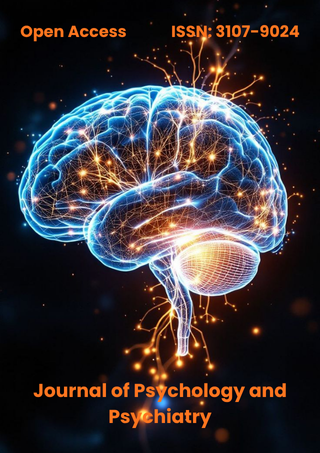Trauma and Post-Traumatic Stress Disorder
Trauma is defined as extremely upsetting or stressful events that surpass a person's capacity for coping and frequently have long-lasting psychological repercussions. Post-Traumatic Stress Disorder (PTSD) is a severe mental health condition that can develop after exposure to traumatic events such as violence, natural disasters, combat, or personal assault. Characterized by symptoms including intrusive memories, avoidance behaviors, hyperarousal, and negative changes in mood and cognition, PTSD significantly impairs daily functioning and quality of life. Neurobiological research has linked PTSD to dysregulation in brain regions such as the amygdala, hippocampus, and prefrontal cortex, which are involved in fear processing and memory. Effective treatments include trauma-focused cognitive-behavioral therapy (CBT), Eye Movement Desensitization and Reprocessing (EMDR), and pharmacological interventions such as SSRIs. Understanding the complex interplay between trauma and PTSD is essential for developing early interventions, reducing stigma, and supporting recovery through personalized and evidence-based care.
Article Processing Timeline
| 2-5 Days | Initial Quality & Plagiarism Check |
| 15 Days |
Peer Review Feedback |
| 85% | Acceptance Rate (after peer review) |
| 30-45 Days | Total article processing time |
Indexed In
ResearchBib
Sindexs
OAJI
DOAJ
CrossRef
PubMed
MEDLINE
EBSCO A-Z / Host
OCLC - WorldCat
Journal Flyer


